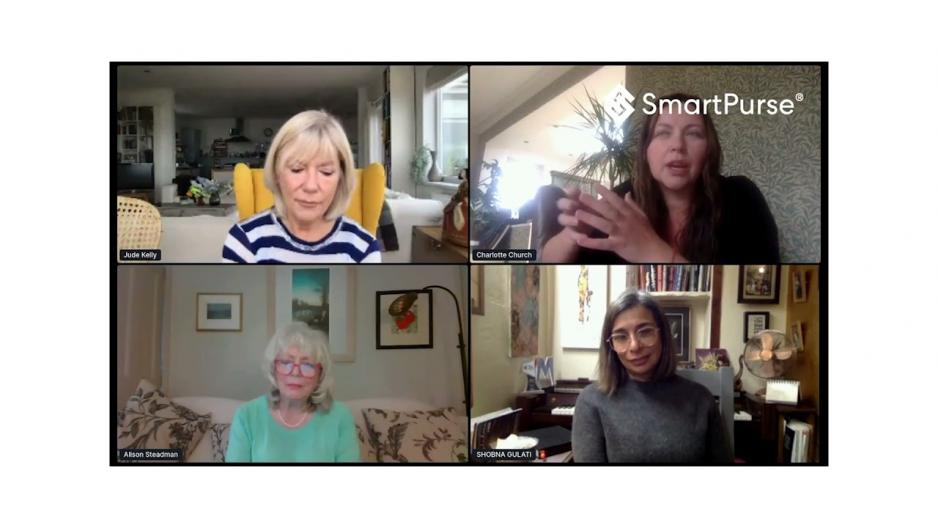Let's examine your unquestioned assumptions about money and its role in your life.
In this lesson you will learn:
- Where unconscious biases about money come from.
- That money has a different hidden meaning for each of us.
Listen to this article

Your assumptions about money:
It's very likely that 'your' personal beliefs about money were formed in childhood. We tend to inherit assumptions & prejudices from our parents, as well as from the environment we grow up in.
Our core behaviours and habits around money can be formed by the age of seven.

Women and money
Women in particular have historically been given messages by society that managing money is 'not for them' – that they should 'leave it to the men'! Even as children, girls in the UK receive less pocket money than boys, and these differences seem to be the result of surprisingly widespread unconscious bias.
What comes to your mind when you read the following questions?
- What did I think about money when I was growing up?
- How do these thoughts carry over into my behaviour today?
- What would I like to do differently now?

Do you see money as 'dirty'?
During Money Rally: Money Madness (2020), Charlotte Church left us all thinking about the hidden meaning of money when she discussed how many of us see money as 'dirty'. What do you think?
A current medium of exchange in the form of coins and banknotes; coins and banknotes collectively.
When we talk about 'money', there's often a huge range of other meanings attached that we don't think to say out loud. Those silent meanings reflect our beliefs and, in turn, are reflected in our behaviour. They could include security, power, freedom, love, independence, self-worth…

Only you can uncover the hidden meanings that are true for you.
But we can help set you on the path to uncovering them by examining your thinking.
What are the three things that really matter to you in life?
Write them down.
Do you spend your money on the things that matter the most to you? Or do you find yourself buying things that you don't really care about?
Key takeaways
We inherit our money attitudes largely from our parents and our surroundings. We then hold onto these attitudes, and they can end up impacting our investment decisions, as well as how we generally behave around money.
Try to find out about your unconscious relationship and attitudes towards money and what it means to you. This is the first step to taking better control of these beliefs and, where needed, change them so that you can be in the driving seat of making money work for what really matters to you rather than being held back by them.
What comes next?
In our next module You're not alone, we all worry about money, we will go through common apprehensions and concerns regarding money and how to open up about them.
Discover more
-
5 bad money habits & how to destroy them
They might not seem comparable at first glance, but there are definite similarities between developing your physical fitness and i... -
Talking money with your friends
When was the last time you and your friends discussed money over beers? We’ll hazard a guess that it’s been a while, if ever. But ...


